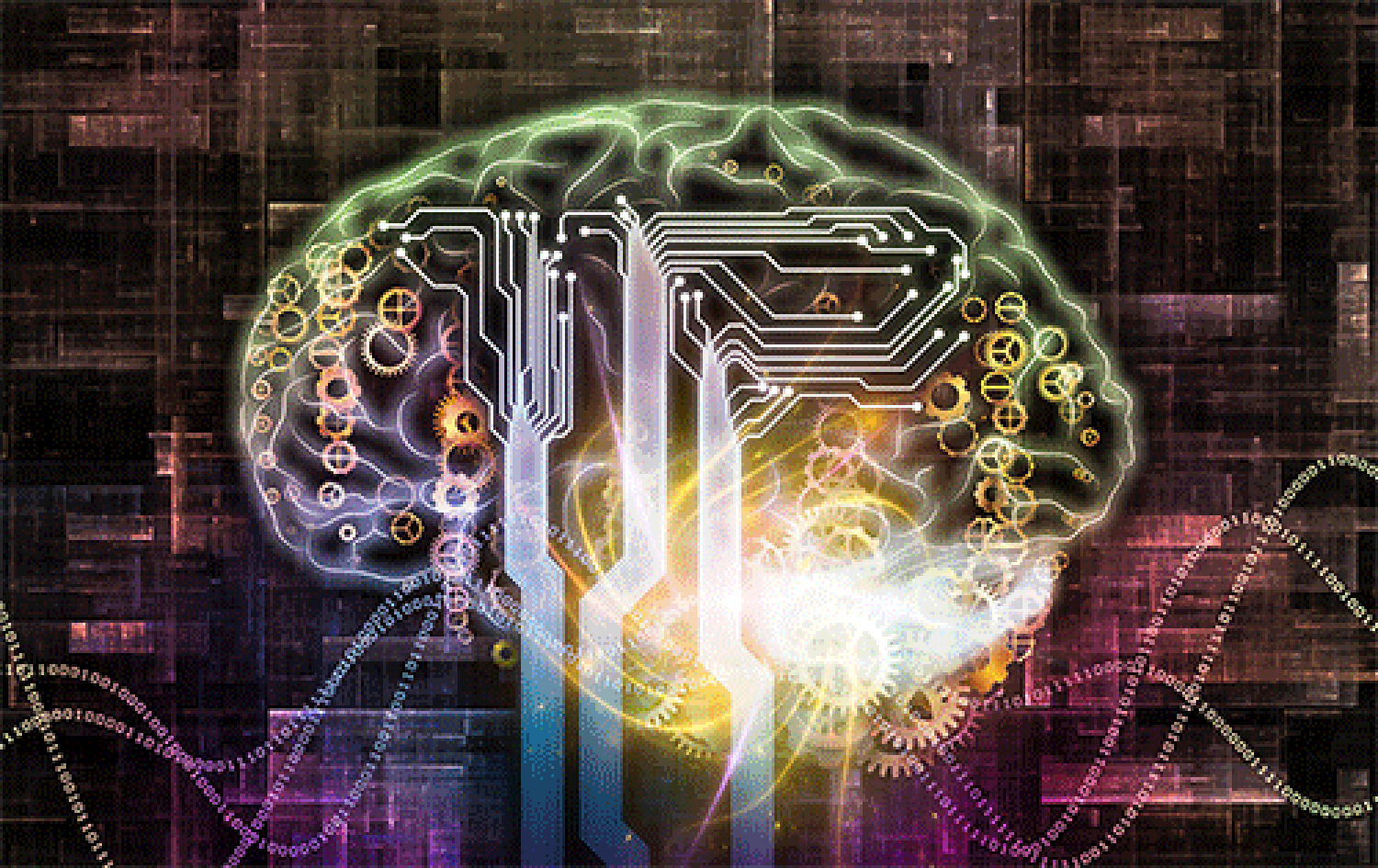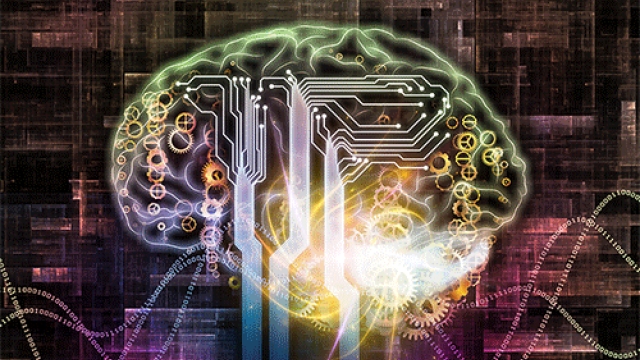
Artificial intelligence, often referred to as AI, has emerged as a transformative force reshaping industries and societies around the globe. Rapid advancements in AI technology have led to unprecedented capabilities in automation, data analysis, and machine learning. From self-driving cars to personalized recommendation systems, AI has permeated our daily lives in ways we could have only imagined a few decades ago. As we stand on the threshold of a new era, the impact of artificial intelligence is poised to revolutionize the way we work, communicate, and interact with the world around us.
The integration of AI into various sectors, such as healthcare, finance, and transportation, promises enhanced efficiency, increased productivity, and improved decision-making. By harnessing the power of AI algorithms and neural networks, organizations can unlock valuable insights from vast amounts of data, enabling them to make more informed choices and optimize operations. Furthermore, AI technologies have the potential to democratize access to essential services, bridge gaps in education and healthcare, and drive innovation across diverse fields.
Applications of AI
AI is making significant strides in various industries, from healthcare to finance. In healthcare, AI is being used to analyze complex medical data for more accurate diagnoses and personalized treatment plans. This has the potential to revolutionize patient care and improve outcomes.
In the field of finance, AI algorithms are being deployed for fraud detection, risk assessment, and automated trading. These systems can quickly sift through vast amounts of data to identify patterns and anomalies, enabling financial institutions to make better-informed decisions and mitigate potential risks.
Artificial Intelligence Search
Furthermore, AI is transforming the retail industry through personalized recommendations, inventory management, and customer service chatbots. By leveraging AI technologies, retailers can enhance the shopping experience for customers, optimize supply chain operations, and streamline business processes.
Ethical Considerations
When delving into the realm of artificial intelligence, ethical considerations become paramount. One of the key areas of concern is the ethical usage of AI in decision-making processes. As AI systems become more advanced and autonomous, there is a pressing need to ensure that their decisions align with moral and societal values.
Another critical aspect of ethical considerations in AI is the issue of bias. AI algorithms are only as unbiased as the data they are trained on. It is vital to address biases in data and algorithms to prevent the perpetuation of unfair outcomes and discrimination in various applications of AI technology.
Privacy and data security also stand out as notable ethical concerns in the realm of artificial intelligence. As AI systems increasingly rely on vast amounts of data to function effectively, safeguarding sensitive information and ensuring user privacy become significant challenges that must be carefully navigated to avoid compromising ethical standards.
Impact on the Job Market
As artificial intelligence becomes more integrated into industries, there is a growing concern about its impact on the job market. While AI has the potential to automate repetitive tasks and increase efficiency, it also raises questions about the future of human employment.
Some argue that AI will lead to job displacement, especially in sectors where repetitive tasks can be easily automated. This could result in widespread job loss and a shift in the types of skills needed in the workforce. However, others believe that AI will create new job opportunities by unlocking innovation and creating demand for roles that require human creativity and critical thinking.
Overall, the impact of artificial intelligence on the job market will depend on how societies and industries adapt to this new technology. It is crucial for policymakers, businesses, and individuals to proactively address the challenges and opportunities presented by AI to ensure a smooth transition and a thriving workforce in the future.
